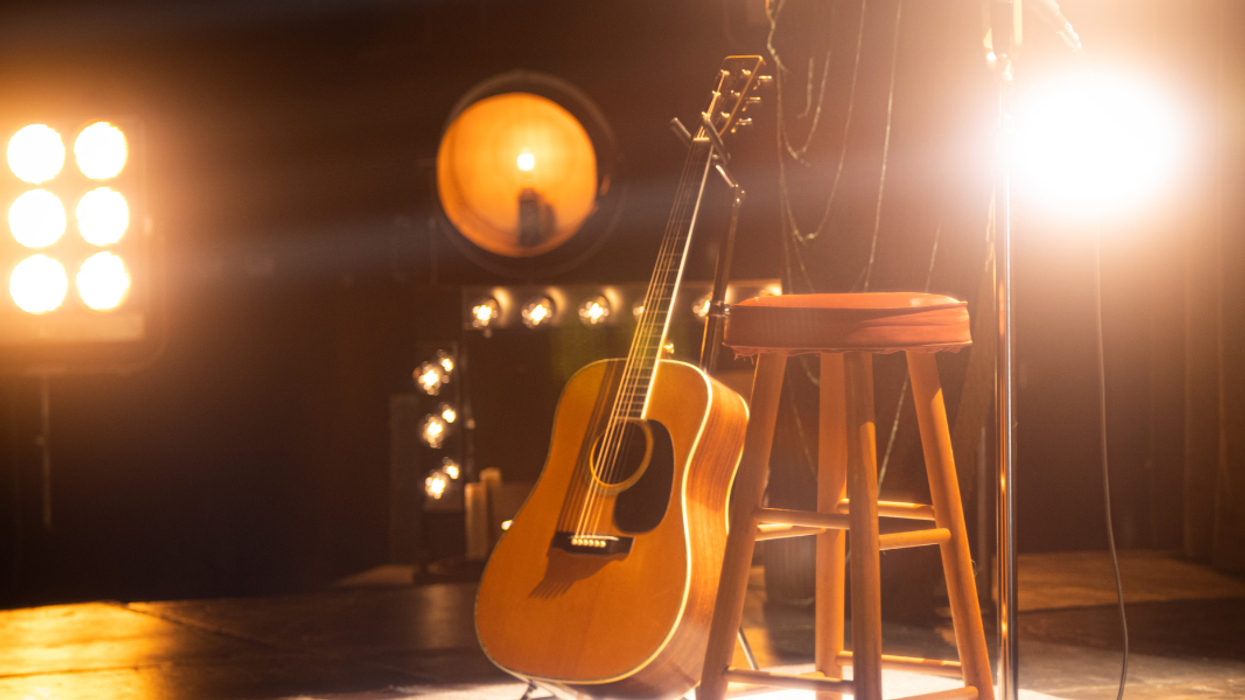Nevins is co-publisher of The Fulcrum and co-founder and board chairman of the Bridge Alliance Education Fund.
As the chairman of the board of the Bridge Alliance, I’ve been working with our incredible team and our more than 100 member organizations for the last seven years to create a movement for a thriving, just and healthy democratic republic.
For true change to happen in our democratic republic, Americans must become involved and realize they have the power to bring about the change they desire.
The Fulcrum and our sister project, Citizen Connect, serve as the connective tissue to activate 12 million Americans through our collective network.
Yet I believe more must be done and we have to think outside the box to engage, excite, and involve more citizens. This past year the pop culture section of The Fulcrum has proven to be one of our most popular sections of our publication. The power of connecting the dots between pop culture and activating millions of Americans to create a functioning and healthy democracy is something I strongly believe in as a catalyst for change.
The Fulcrum has been honored to celebrate culture as a bridge to the latest news and analysis of politics, policy, and the birth of a new civic and political voice to build greater social cohesion, civic engagement, and problem-solving. Many of you have taken the journey with us as we shared stories, music, poetry and dance to inspire our better angels as a way of addressing our problems and creating solutions. We won’t rest on our laurels and we are focusing on new ways to amplify the power of pop culture to engage millions more of you in our movement.
This past year has proven to us that art has the power to break down boundaries and overcome distances between people. Music, theater, poetry, and all forms of pop culture have amazing healing and connecting powers. We know that when we join people together their energy for good can be amplified and scaled to help power our movement. The role of music in particular can play an important role in celebrating what unites us - rather than dividing us - in activating millions of Americans in a movement.
In the words of the great jazz artist Wynton Marsalis, “Music heals people because music is vibration, and the proper vibration heals.” Music indeed brings people together and multiplies their energy. When we join as one, we are more than the sum of our parts.
My dream is a Democracy Concert followed by a yearlong Democracy Call To Action Roadshow designed to Build a Movement; a movement that dismisses old definitions of right and left, and focuses instead on values, and an optimistic vision for the future of America. The roadshow I envision will inspire citizens to become active participants for healing and change. Imagine the passion and positive impact celebrities could inspire in this time of social media and internet driven divisiveness. Imagine the power of music and celebrity coming together, demonstrating unity for Democracy.
A kick-off concert bringing together artists from across the political spectrum - right, left and center - that includes a diverse group of musicians and celebrities of all genres would create a powerful tapestry representing the diversity of music in America while also reflecting the diversity of the citizens that is America. Musicians of all genres coming together can demonstrate a unity for Democracy. This is not about being a Democrat, Republican or Independent. It is about using the power of music to create a grassroots movement for a stronger Democracy, as well as a more diverse, more equitable, and inclusive Democracy.
Celebrities are powerful influencers in our society. The following are just a few examples of songs that provide the powerful message to bring Americans together:
- Revolution Josh: https://www.youtube.com/watch?v=bD1XmvnTCyI
- Common Ground - Heath Sanders: https://www.youtube.com/watch?v=wxOLR65IIyg
- John Legend, The Roots - Wake Up Everybody, Melanie Fiona, Common: https://www.youtube.com/watch?v=iJgxJ6JrPkc
- Empty Hands: https://www.youtube.com/watch?v=6P_okJ
- Andra Day - Stand Up for Something, featuring Common: https://www.youtube.com/watch?v=2GhY7qXGx-0
- Andra Day --- Rise UP: https://www.youtube.com/watch?v=kNKu1uNBVkU
Through the power of music and celebrity the healing power generated can drown out the divisive voices of the extremes on both the left and the right. I believe most Americans want leaders to exemplify the best in America and are willing to take the lead to bring our country together and to create the Republic that we all deserve.
In the fight for a more representative democracy, our greatest strength is our people. Everyday Americans are the muscle behind change, they are the faces to our stories, they are the carrot and the stick in elections. A Democracy concert and yearlong Democracy Call To Action Roadshow can be the catalyst to reach people’s souls so we can engage them to join in a grassroots movement that scales and amplifies our victories and advances our values for lasting impact.
So WE can make a difference!


















 "On the Frontlines of Democracy" by Nonprofit Vote,
"On the Frontlines of Democracy" by Nonprofit Vote,

Trump & Hegseth gave Mark Kelly a huge 2028 gift